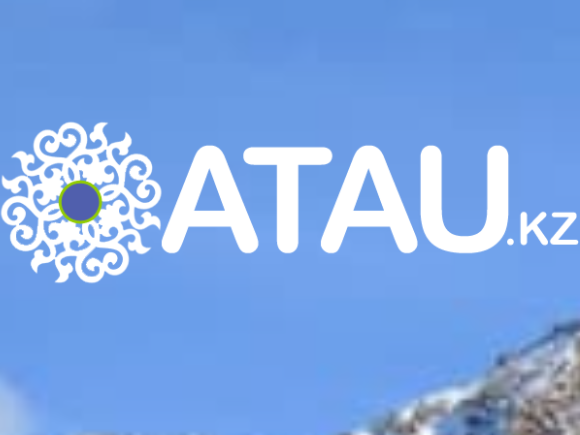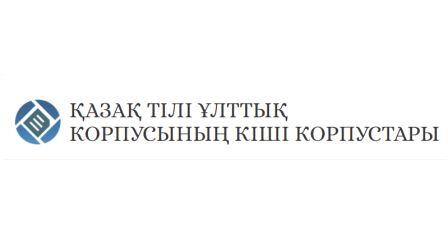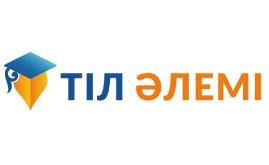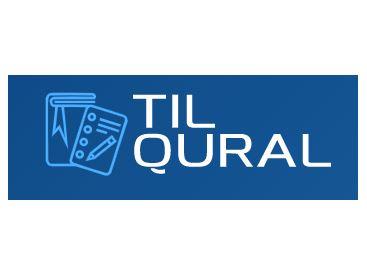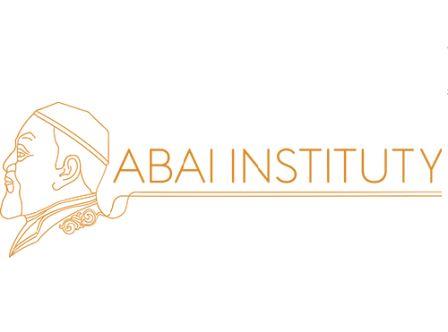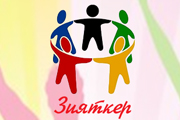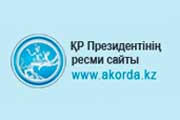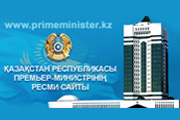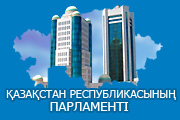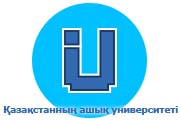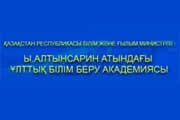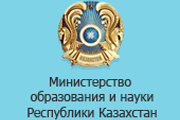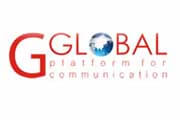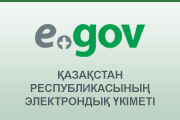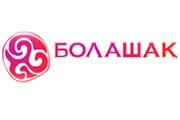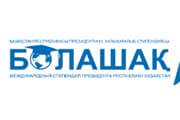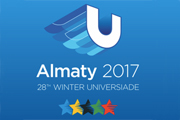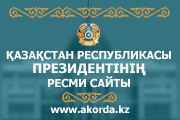Russian language and literature
Themes of theses and master's theses
- Bachelor's degree
-
- Creolized texts and culture speech
- Linguistic and cultural analysis of onomastic space in Pushkins work «Eugene Onegin»
- Features of the formation and functioning of creolized texts
- Types of vocabulary enrichment work
- Educational potential of Kazakhstan comics
- Didactic capabilities of Longread in teaching Russian language and literature
- Informational model of teaching Russian orthography
- Development of dialogical speech of students in Russian language lessons
- Organization of problem-based learning in Russian language lessons in modern learning conditions
- Orfomemes in the lessons of the Russian language and literature
- The study of adverbs and words category of state in the linguodidactic aspect
- Modeling the gymnasium component according to the word formation of the Russian language
- The global Internet as a way of organizing intercultural communication.
- Game technologies in the process of enriching the vocabulary of 5th grade students.
- The of gamification methods in the process teaching the Rissian language in secondary school
- The use of digital technologies in the Rissian language lesson
- Digital educational content on "Morphology of the Russian language"
- The study of Chekhov's stories in middle and high school
- The role of moral assessment in the characterization of the heroes of the "Quiet Don" by M. A. Sholokhov
- Using technology of cooperation in Russian language lessons in secondary school
- Stages of organizing a collective form of work in Russian language lessons.
- Formation of critical thinking of schoolchildren when working with text.
- Multimedia technologies in teaching the Russian language.
- Didactic games as a means of activating the cognitive activity of students in Russian language lessons.
- Using effective teaching methods in Russian language lessons as part of the updated content of education.
- Study of secondary sentence members in the school course of the Russian language.
- The specifics of studying the main members of the sentence in the school course of the Russian language
- Modern linguodidactic approaches to the study of the verb at school
- Teaching the culture of speech as one of the areas of work on the development of speech at school.
- Linguistic and didactic conditions for students to master the genres of journalistic style.
- Formation of students' language competence in Russian language lessons.
- Ways to enrich the vocabulary of words and the organization of work on lexical errors in the speech of students of schools with the Kazakh language of instruction.
- The use of didactic games in Russian language lessons.
- Technigues for activating the speech activity of students.
- Using interactive methods of teaching Russian at school.
- A. Pushkin and A. Kunanbayev as figures of national revival.
- Didactic features of I.A. Krylov.
- Lyrical hero and author in the poetry of A.S. Pushkin.
- Formation of grammatical competence of students (based on the topic "Noun").
- The problem of ethic choices: literature about teacher at the school lessons.
- The topic of the family and family happiness in the lessons of literature at school.
- The study of comparative constructions of Russian and Kazakh languages.
- Comparative analysis of Verbs of Russian and Kazakh languages.
- Teaching the culture of speech as one of the areas of work on the development of speech in school, the study of didactic conditions for the effective formation of values on the material of proverbs
- The role of electronic communication in building student relationships
- The study of comparative constructions of Russian and Kazakh languages
- Comparative analysis of the verbs of the Russian and Kazakh languages
- Study of the didactic conditions for the effective formation of values on the basis of proverbs
- The role of electronic communication in building relationships between students
- Master degree
-
Accordion content 2.







